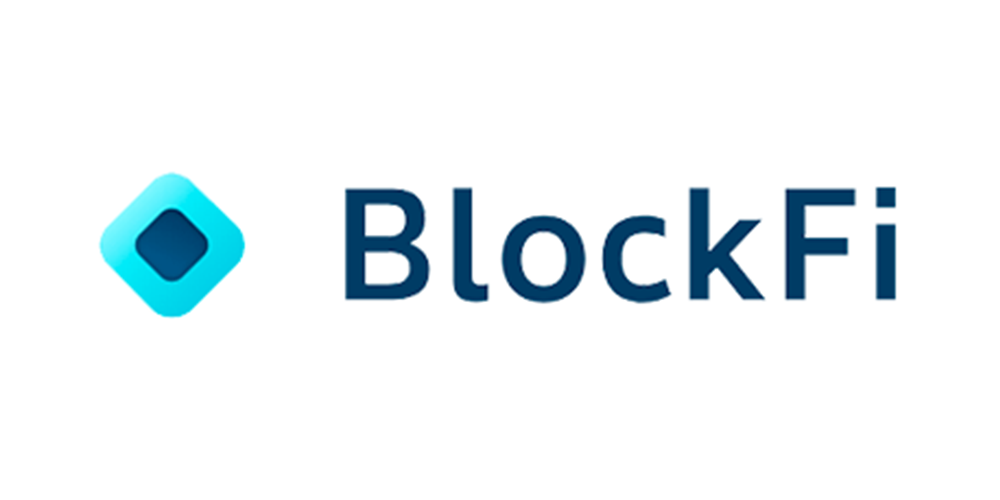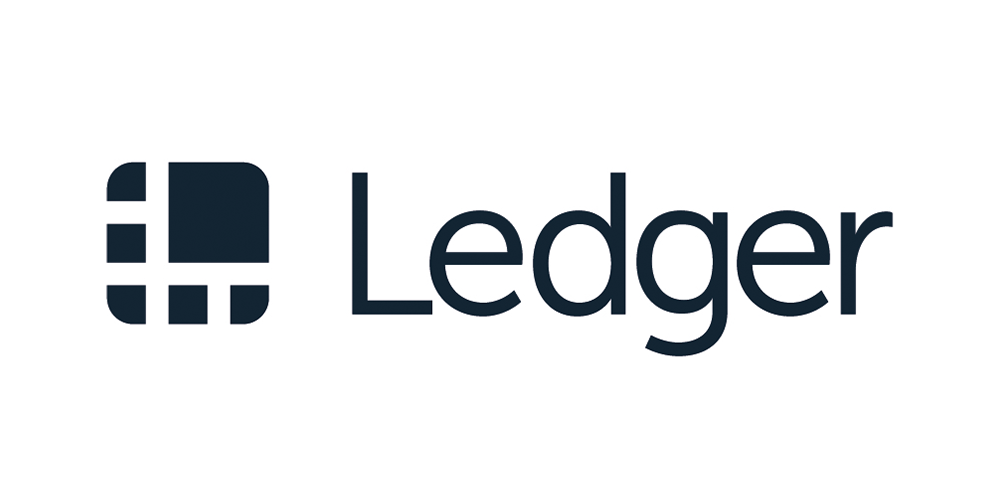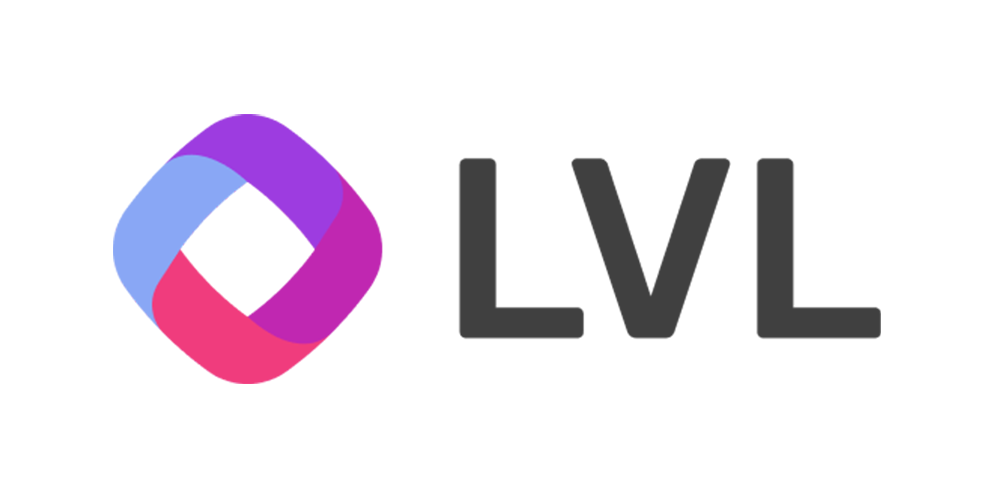CBDCs: the Good, the Bad & the Totalitarian with Nik Bhatia
Where to find the show
Download Episode MP3 File
The file will open in a new window. Click down arrow to download the file.
“You’ll have Fed coin, JPMorgan coin, Bitcoin, Tether… you have the right to choose how to denominate your labour, your earnings, your savings; and I think that’s the future that we’re in for is this era of currency choice. And thank God for Bitcoin.”
SHOW DESCRIPTION
Location: Los Angeles
Date: Friday 4th February
Company: USC Marshall School of Business
Role: Author and Adjunct Professor of Finance
Bitcoin empowers individuals, the threat to the state is clear. As the New German Chancellor Olaf Scholz asserted in December 2020: “We must do everything possible to make sure the currency monopoly remains in the hands of states.”
As a response to Bitcoin, the major world economies are pilot testing CBDCs, and pressure is being applied to low and middle-income countries. In October 2021 the IMF stated in its Global Financial Stability Report that “Emerging markets faced with cryptoization risks should strengthen macroeconomic policies and consider the benefits of issuing central bank digital currencies.”
The privacy concerns emanating from CBDCs are being exacerbated by the same organisations promoting them; in another IMF statement in late 2020 they stated a person's online search and purchase history is a suitable data source for undertaking a credit assessment. In addition, the anonymity of cash is known to be an issue for governments around the world.
Whilst there are obvious benefits to enabling better payments processes to citizens, CBDCs could also facilitate state controls on how and when people spend money. The Bank of England is considering using smart contracts within a CBDC; the FT raised concerns about the potential for severe restrictions on personal freedom mirroring China’s “social credit” system.
As we have seen, these fears are no longer being seen as theoretical threats that don’t apply to those living in western democracies. What is currently happening in Canada is giving even the most centred observers pause for thought. Bitcoin is the only obvious tool to provide freedom of currency denomination in a secure, trustless way, outside of the purview of Governments.
In this interview, I talk to the Author and Professor of Finance Nik Bhatia. We discuss the rationale for CBDCs and their limitations, a new form of heavily surveilled ‘free’ banking, Bitcoin as a discovery and a right, and how the Lightning Network makes Bitcoin a currency.
TIMESTAMPS
00:04:25: Introductions
00:05:29: Layered Money
00:15:19: CBDCs 101
00:29:39: Security issues in the stablecoin era
00:34:12: Financial surveillance
00:38:08: Regional Feds and MIT developing the FedCoin
00:44:35: UBI is here and here to stay
00:50:10: The stablecoin era will bring currency choice
00:53:04: Timeframe for the introduction of CBDCs
00:56:34: Bitcoin rhetoric and the political game theory
01:04:28: The future of global currencies and gold
01:08:16: Is a Bitcoin standard inevitable?
01:09:52: OpenNode, Lightning and the Bitcoin currency
01:28:58: Education of Bitcoin vs shitcoins
01:24:54: Final comments
SUPPORT THE SHOW
If you enjoy The What Bitcoin Did Podcast you can help support the show by doing the following:
Become a Patron and get access to shows early or help contribute
Make a tip:
Subscribe on iTunes | Spotify | Stitcher | SoundCloud | YouTube | TuneIn | RSS Feed
Leave a review on iTunes
Share the show and episodes with your friends and family
Subscribe to the newsletter on my website
Follow me on Twitter Personal | Twitter Podcast | Instagram | Medium | YouTube
If you are interested in sponsoring the show, you can read more about that here or please feel free to drop me an email to discuss options.
SPONSORS
SHOW NOTES
Connect with Nik:
On Substack
On Crunchbase
His Book
Mentioned in the interview:
Layered Money: From Gold and Dollars to Bitcoin and Central Bank Digital Currencies - Nik Bhatia
Central Bank Digital Currency (CBDC) Definition - Investopedia
ECB’s Panetta Says Digital Euro May Come With a Penalty Clause - Bloomberg
China may finally be serious about banning cryptocurrencies - Fortune
In Second Largest DeFi Hack Ever, Blockchain Bridge Loses $320M Ether - Blockworks
MIT experts test technical research for a hypothetical central bank digital currency - MIT
China's digital yuan wallet now has 260 million individual users - Techcrunch
Bill advancing de minimis tax exemption for crypto transactions returns to Congress - The Block
Other Relevant WBD Podcasts:
WBD454: The Breakdown of Trust with Balaji Srinivasan & Glenn Greenwald
WBD449: Chaos in the Bond Market with Greg Foss & Lawrence Lepard
WBD438: Separation of Money & State with Matt Stoller & Peter Van Valkenburgh
WBD425: Bitcoin Vs Altcoins 2 with Alex Gladstein & Erik Voorhees
WBD391: Gradually then Suddenly Pt 4: Bitcoin & The Money Printer with Parker Lewis
WBD385: S2F, Gold & the Big Reset with Plan₿ & Willem Middelkoop
WBD374: Debt Cycles & the Rise of Bitcoin with Greg Foss & Dylan LeClair
WBD213: WTF Happened in 1971 with Ben Prentice & Heavily Armed Clown












